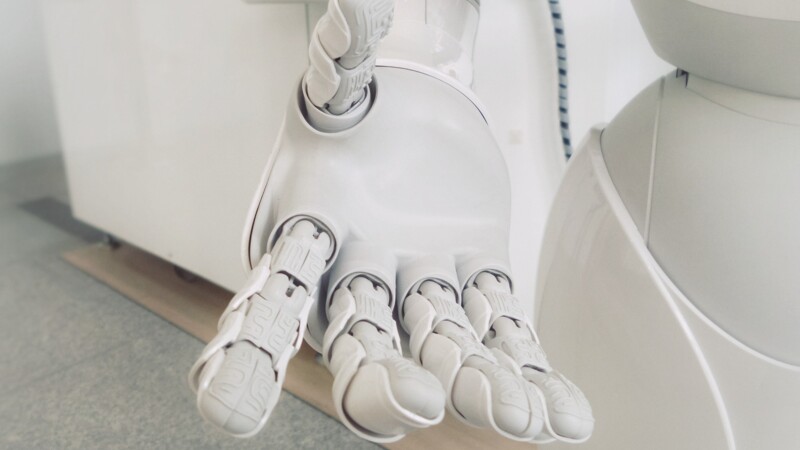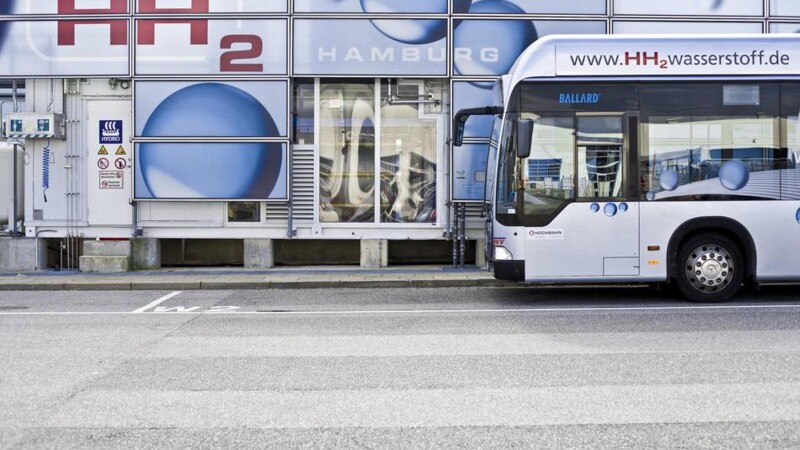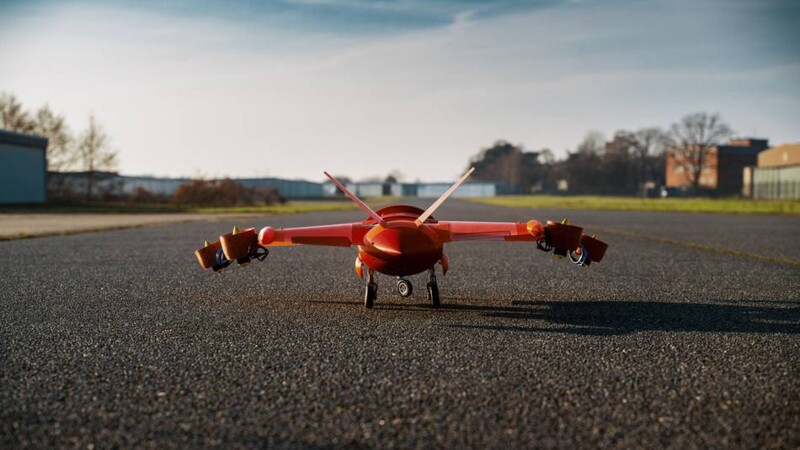The past months have shown that cluster structures and overarching collaborations are worthwhile, especially in difficult times, Westhagemann remarked, adding: "Cluster policy is a modern economic policy. Now it is becoming clear how useful bundling skills, working closely with each other, networking and driving innovation are. Talks across sectors and that produce useful ideas such as the online platform for placing skilled workers are important to me." The clusters have, for instance, played a key role in the provision of urgently needed materials and produced masks or disinfectant dispensers, mediated free capacities across sectors and boosted talks on exchanging personnel temporarily.
Michael Westhagemann, Senator for Economics and Innovation, retrieved the 2019 annual report by Hamburg's clusters after a Beagle Systems drone delivered it to him in Hamburg. The report, published in September, reviews the development of Hamburg Aviation, Maritime Cluster Northern Germany, Logistics Initiative Hamburg, Life Science North, Healthcare Industry Hamburg, nextMedia.Hamburg, Hamburg Kreativ Gesellschaft and Renewable Energies Hamburg and offers a look towards the future. The extraordinary delivery was followed by talks with members of the eight clusters and the associated networks Hamburg@Work, foodactive, Finanzplatz Hamburg and Hamburg Cruise Net.
Cross-cluster activities render companies fit for future
Co-learning space for cluster
The "Co-Learning Space for Hamburg Clusters - Collective Development of New Fields and Actors", launched in 2016, entered its latest phase in June, to focus on new subject areas that promote knowledge and technology transfer in Hamburg. It has added technology-inspired fields, including drones and hydrogen. The project is funded by the European Fund for Regional Development and the Ministry of Economics and Innovation (BWI) and will be carried out at Helmut Schmidt University.
sm/sb/pb
Sources and further information
More
Similar articles

Tech playground for key technologies

Hamburg launches real laboratory for heating transition

Drones, smart mobility added to agenda of ITS World Congress
